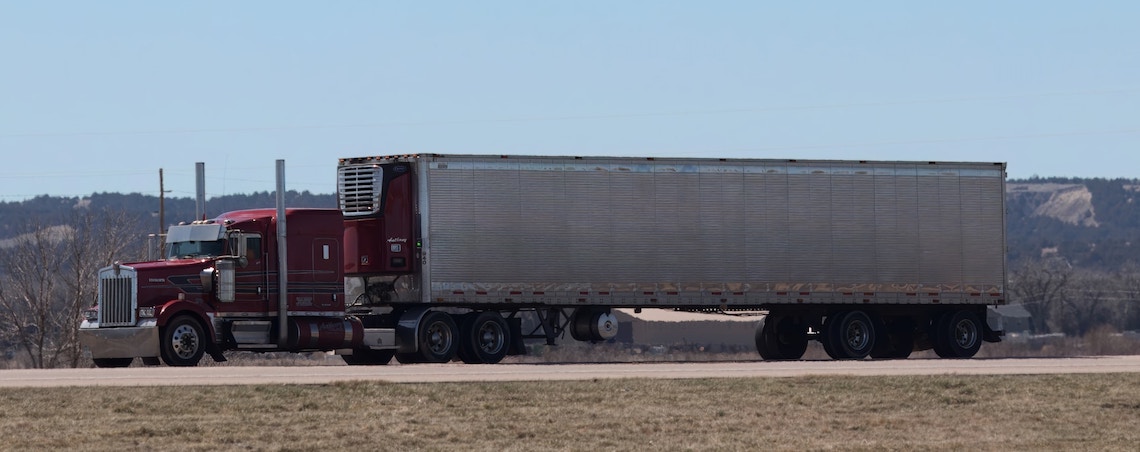
Diesel truck photo by Preston A. Larimer on unsplash.com.
Written by Ben Hensley
A local freshman member of the Assembly released a statement Tuesday commending the California Air Resources Board (CARB) and its withdrawal of the Advanced Clean Fleets Rule, a contentious proposal that would have seen all California truck drivers transition from diesel to electric vehicles by 2042.
The proposal, which would have banned the sale of fossil-fueled vehicles by 2036 and outright banned the use of fossil-fueled trucks by 2042, was proposed by CARB in 2023 as part of its efforts to reduce California’s carbon footprint.
The announcement of the withdrawal comes just five days before the Trump Administration — longtime opponents of similar proposals — takes office.

“California truck drivers are a pivotal component of the state’s agricultural industry and our state’s supply chain,” said Assemblywoman Alexandra Macedo (R-Tulare) in a news release Tuesday. “Due to the perishable nature of agriculture products, time is of the essence in the transport of food. Diesel trucks allow this to happen in a timely manner.”
Macedo added that the “ill-conceived policy” would have put truck drivers out of business and said that the policy failed to take into consideration the financial impact it would have on businesses and consumers.
“It is time the Governor, CARB and the rest of his Administration work with, instead of against, employers and their workers who are critical to the State’s economy,” Macedo added.
A story published by CalMatters Tuesday suggests that the withdrawal of the proposal is credited to Trump’s likely unwillingness to approve the proposal.
Air Resources Board Chair Liane Randolph said that holding out hope for the approval of the Advanced Clean Fleets Rule would likely lead to time-consuming and potentially expensive litigation, adding that some business groups have already sued the board in an attempt to continue the selling of gas-powered cars past 2035 — the year that California Governor Gavin Newsom’s 2020 executive order marked as the cutoff date for those vehicles.
“We know there’s going to be a lot of litigation in the offing, whether it’s entities suing us, or us going on the offense and trying to protect our ability to move forward to address both air quality and climate change,” Randolph said.
The rule would have affected approximately 1.8 million medium- and heavy-duty trucks in California used by a variety of companies.
Recent data from the California Energy Commission said there are currently around 2,000 zero-emission medium-and heavy-duty vehicles in California — around 0.1% of medium- and heavy-duty trucks that would have been affected by the rule.








